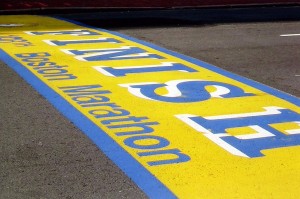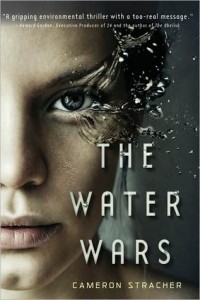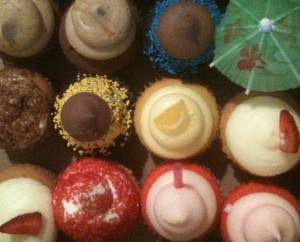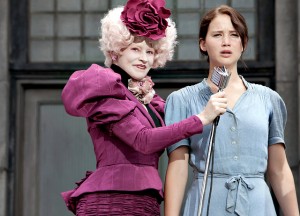Do you prefer the glossiness of The Capital or the grittiness of District 12?
Lately I’ve been reading a lot of post-apocalyptic books that take place just after the apocalypse. Or I’ve been reading some books that show the apocalypse and the destruction that follows. These books are gritty and set in a world with very little hope. In reading these books, I’ve realized that I’m more of the glossy, everything appears good on the outside but is really gritty and dark and horrible on the inside kind of girl.
For me, there is something more intriguing about seeing the hidden underbelly of a society. When everything has fallen apart and there is corruption and limited resources and fighting, there is no surprise. You expect things to get bad and then the hero just has to rise above the bad. But when a character lives in a world that seems safe and easy, it seems like the struggle is more difficult. They have to give up the seemingly perfect world to fight for what is right. To me, this must seem like a bigger battle and a more interesting character.
I think a lot of why I find the shiny, glossy, pretty dystopians to be more interesting is because I can better relate to them. Our world we live in is, more of less, shiny and pretty, but there is a dark underbelly if you know where to look. I, for one, would be hard pressed to give up the security of my life, so I can relate to a hero’s struggle when they come from that type of world.
What do you think? Do you prefer a certain type of dystopia?












